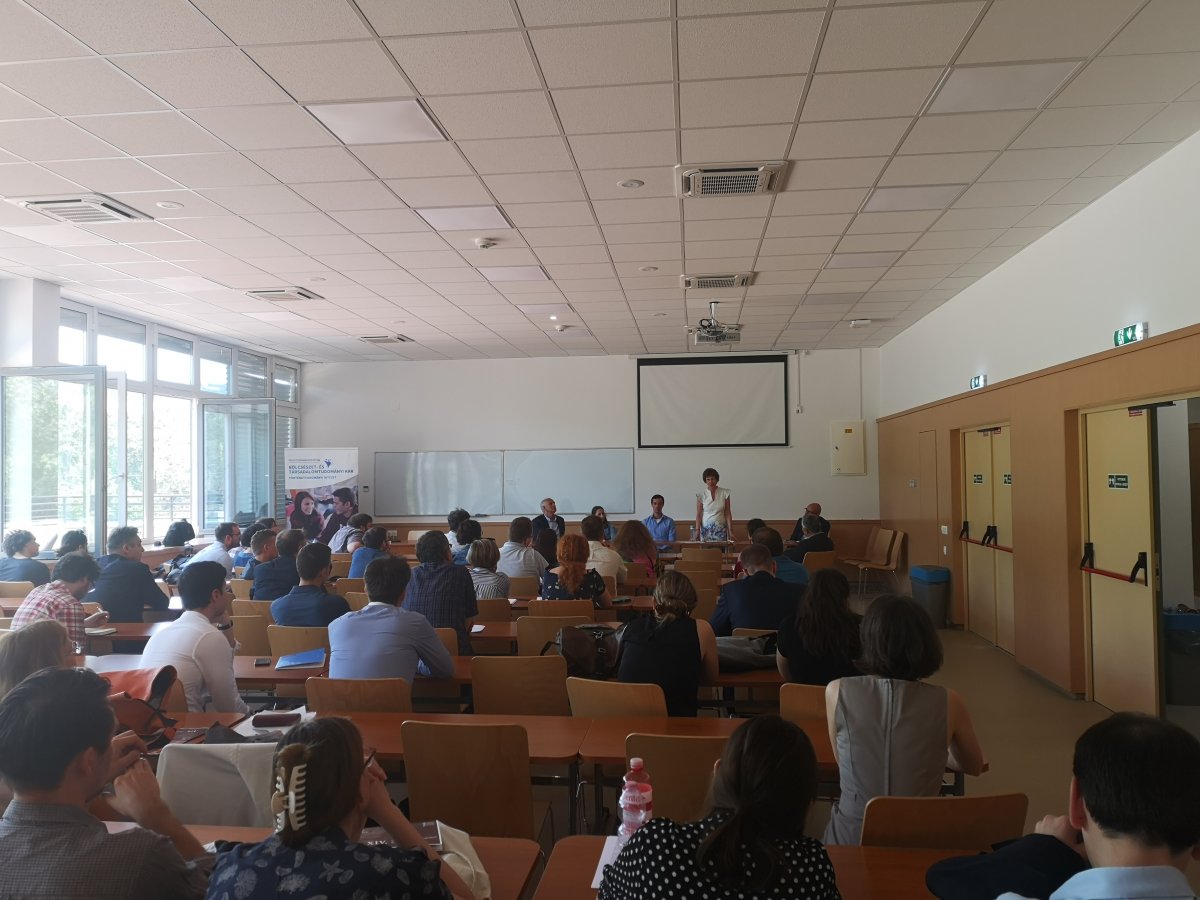According to the Association of American Physicians, managing the widespread health effects of climate change will become its own separate field within the next decade, and according to the WHO, the deaths connected to climate change can increase by a quarter million by 2050; but the topic barely appears in medical training right now. The University of Pécs Medical School (UPMS) is leading the development of international pioneer sample education materials.
Heatwaves increase the risk of cardiovascular diseases dramatically. Continuously high UV radiation increases the occurrence of skin diseases and abnormalities. These are probably the most apparent examples for the effects of climate change on health, but they are in reality a lot more extended, and have connotations for the entire healthcare industry even today. Their systematic treatment is still only in the future, and this is mostly caused by climate change not really appearing in medical trainings. This is why the CLIMATEMED project was created, and with the leadership of UPMS the international development of study materials is underway.

“It is important to differentiate between adverse effects on people and on the supply chain when it comes to climate change”
– says dr. János Girán, assistant professor at the UPMS Department of Public Health Medicine, professional leader of the project. “The personal effects can be serious of course, but this can be further exacerbated if the supply chain and its workers are not adequately prepared.” The adverse effects of climate change are surprisingly widespread, and there are risks we might not even think about.
“Most people probably know how important it is to protect our skin from UV radiation on the beach, but a lot less are thinking the same in their everyday life – and that does not even mention that high UV radiation can cause vision problems aside from dermatological issues. The appearance of new disease spreader vectors like various mosquitoes and parasites has an even bigger effect, since they can now survive here as well; and they can spread diseases that were not an issue in our area so far, therefore diagnosing and treating them is not an everyday task for most doctors” – lists the expert.

The education material development realised within the framework of the European Union Erasmus+ program has determined multiple goals. The first is
developing a 14-week course covering an entire semester, focusing the health effects of climate change, and possible treatments or preventative methods.
However, János Girán believes that the education material at medical school is already overloaded, therefore aside from the standalone course, they will also develop a “sensitivity” training and methodology guide that will help educators integrate climate change knowledge into existing courses. Lastly, it is important that knowledge about the effects of climate change is integrated into the work of practicing doctors, for which further education materials are under development.
The consortium lead by UPMS also includes the National Public Health Centre, the Irish National University of Ireland, the University College Cork, the Marosváráshely Medical and Pharmacy University, and the Novi Sad Centar za zdravlje, vežbanje i sportske nauke. According to the plans, the material will be completed by 2024 Autumn, and will be available to all European medical universities.






